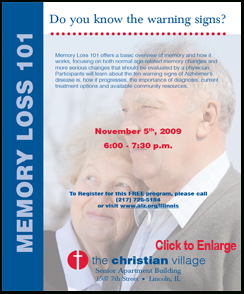| ||||||||||
| ||||||||||
Following the market's dive, Abhisit ordered an investigation into the source of the rumors driving prices down, though no official was actually willing to go on record as saying the rumors concerned a possible deterioration in the king's health. "I think that the prime minister's order for an investigation misses the point," said Thitinan Pongsidhirak, a political scientist at Bangkok's Chulalongkorn University. "It's going to be a recurrent issue, the king's health. ... The issue is what is going to happen to Thailand, not who spreads the rumor." It was telling, Thitinan added, that the market calmed down only after television showed the king's youngest daughter, Princess Chulabhorn, saying that the king was recovering well and remained hospitalized mainly for physical therapy. The turmoil of the past few years has brought a nearly unprecedented questioning of authority to Thai politics and society. Thaksin's opponents frequently identify themselves with the monarchy and claim the former prime minister disrespected the throne, which has badly polarized the nation. On one side are Thaksin's opponents: assorted royalist groups, big business, middle-class Bangkokians and elements of the military, many of whom felt their privileges under threat from Thaksin's populist brand of politics as well as his massive business empire. The other side includes anti-coup activists who resent the military's meddling in politics, and Thaksin's followers, especially among the poor who benefited from his policies. Millions of mostly poor and rural Thaksin supporters helped him to two romping election victories and remain grateful for the social welfare policies initiated under his government. While they, like virtually all Thais, are steadfastly loyal to Bhumibol, they have started to question why what they term the "aristocracy" cannot seem to accept a democratically elected leader of their choice. "For a country with a semi-democracy, semi-feudal political system, the end of the present reign puts everything in uncertainty," said Thongchai Winichakul, a Thai studies scholar at the University of Wisconsin. "As democratic institutions are undermined and all political powers are dependent on the monarchy, the future of the whole country sadly hinges on this transition."
[Associated
Press;
Copyright 2009 The Associated Press. All rights reserved. This material may not be published, broadcast, rewritten or redistributed.
News | Sports | Business | Rural Review | Teaching & Learning | Home and Family | Tourism | Obituaries
Community |
Perspectives
|
Law & Courts |
Leisure Time
|
Spiritual Life |
Health & Fitness |
Teen Scene
Calendar
|
Letters to the Editor